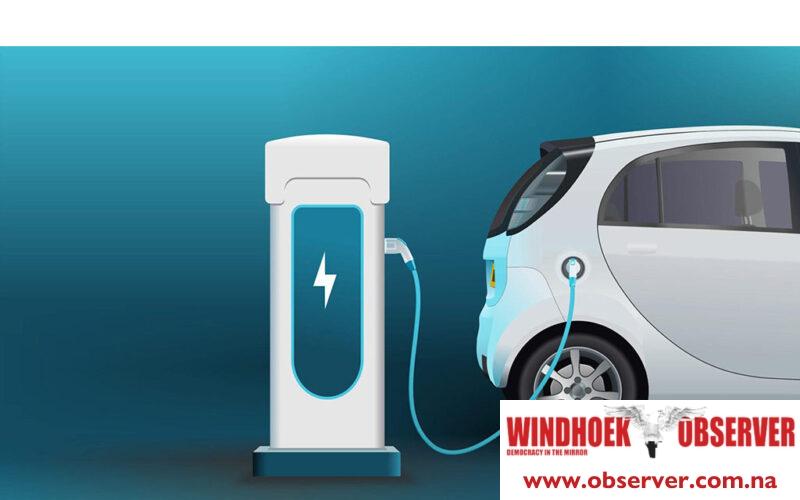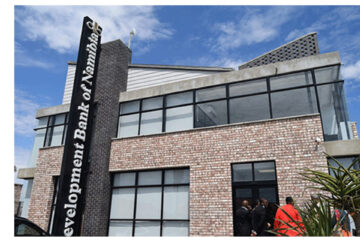Justicia Shipena
Rising fuel prices and concerns about the environment are pushing the need for better support for electric vehicles (EVs) in Namibia.
A May 2025 report by Simonis Storm Securities says investing in home chargers, smart electricity pricing, and public charging stations could help more people switch to EVs.
This call for investment comes as new vehicle sales in Namibia slowed in May. A total of 1,011 units were sold, down from 1,243 in April and 1,320 in March.
Despite the 18.7% month-on-month drop, sales increased by 4.7% year-on-year from 966 units in May 2024.
The report, compiled by Almando Jansen, junior economist at Simonis Storm, says the decline reflects a return to normal buying patterns.
The demand remained supported by lower interest rates and better consumer liquidity.
Passenger vehicle sales fell 31.2% month-on-month to 461 units but stayed steady compared to last year.
Year-to-date, 2,731 passenger vehicles have been sold, up from 2,580 in 2024. Over the past 12 months, sales reached 6,562 units, the highest since September 2023.
Commercial vehicles made up 54.4% of total sales in May, with 550 units sold, up 8.7% year-on-year. These included 470 light commercial vehicles, 26 medium, 10 heavy, 42 extra-heavy, and 2 buses.
Jansen said the growth in this segment reflects continued demand from logistics and agriculture, supported by stable replacement cycles and tax incentives.
Rental agencies bought 44 vehicles, mostly from Toyota (24) and Volkswagen (20), indicating early fleet renewals ahead of the tourist season.
Dealerships remained the dominant sales channel, selling 967 units. Japanese brands led the market with 607 units sold in May, a 60% market share, although down from 772 in April. Their year-to-date share stands at 63.3%, slightly above 62.4% in 2024.
Toyota remained the top brand. Its leading models included the Hilux with 246 units sold, followed by the Corolla Cross (66) and the Fortuner (45). German brands rebounded, selling 124 units in May, up from 33 in April. Volkswagen led with 85 units, followed by Mercedes-Benz with 27.
Chinese brands continued to gain ground, reaching 118 units sold in May and securing an 11.7% market share, up from 4.8% in May 2024. Haval led with 154 units sold so far this year. New entrants like Omoda (20), Jetour (15), and Jaecoo (8) are gaining traction through competitive pricing and better after-sales support.
American brands sold 78 units, mostly driven by Ford. South Korean brands dropped to five units as Chinese manufacturers expanded their share.
The report notes that dealerships can respond to shifting trends by adding more Chinese models to their inventory. Jansen said financiers could provide flexible credit options for price-sensitive buyers, while service providers should build capacity to support newer brands.
“Namibia’s evolving market presents an opportunity to align with trends in emerging economies like Thailand and Brazil, where affordable models and infrastructure, not income levels, enabled early EV adoption,” Jansen said.
He added that the growing popularity of Chinese EV brands worldwide fits Namibia’s current direction. The report recommends that policymakers integrate EV incentives, tax relief, and infrastructure support into national energy and transport plans to align with regional developments.




